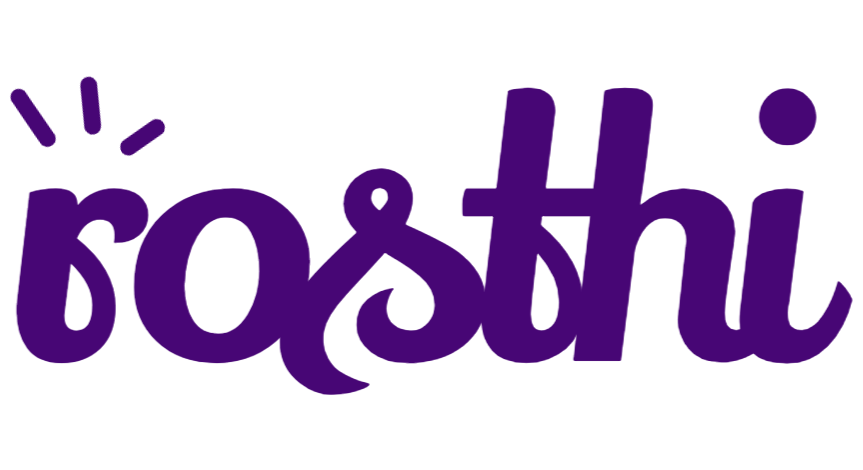Imagine a time when technology was just starting to take baby steps. It was the 1960s, a decade synonymous with innovation, and MIT was at the forefront of it all. Enter ELIZA, a groundbreaking chatbot developed by Joseph Weizenbaum, who took inspiration from the character Eliza Doolittle in George Bernard Shaw's play 'Pygmalion.' ELIZA's purpose? To emulate a Rogerian psychotherapist and facilitate human-machine conversations. 💬 Sounds amazing, right?
The beauty of ELIZA lay in its simplicity and cleverness. By transforming user inputs into questions, ELIZA maintained a form of basic human interaction that was revolutionary for its time. People would share their thoughts and feelings, and ELIZA would respond in a way that felt surprisingly human-like!
Development and History
Developed at MIT between 1964 and 1966, ELIZA set the stage for future chatbots and artificial intelligence (AI) technologies. Weizenbaum originally wrote ELIZA in a now-obsolete programming language called MAD-SLIP. However, it was soon rewritten in the Lisp programming language, which was beloved in the AI community. As the internet began to bloom, the Lisp version of ELIZA spread widely, but the original code faded into obscurity.
Technological Features
The original ELIZA functioned by analyzing patterns in user input and responding accordingly, creating the illusion of understanding and empathy. It was one of the first instances where a machine could engage in a dialogue, albeit on a very primitive level compared to today's standards. .
Restoration Process
Fast forward to recent years – researchers made an astonishing discovery! They unearthed the long-lost original code from MIT's archival materials. This incredible find led them through a painstaking restoration process where they emulated the IBM 7094 alongside MIT's Compatible Time-Sharing System (CTSS). This journey into the past is not just a nostalgic trip; it's a significant step in preserving digital relics and exploring early AI technologies. It reminds us of how far we've come and the legacy we've built upon. 🌍
Impact and Legacy
The revival of ELIZA has brought a fresh perspective to the history and evolution of AI technologies. By introducing key concepts in natural language processing and user interaction, ELIZA paved the way for modern AI systems that continue to evolve. It has left a lasting legacy, showcasing what is now referred to as the 'ELIZA effect,' wherein users form emotional connections with chatbots, proving that even machines can elicit human-like feelings.
In today's digital landscape, the themes around ELIZA remain pertinent as AI continues to be integrated into our daily lives. By revisiting ELIZA, we're reminded of the foundational steps in AI development and the importance of understanding our past. ELIZA's comeback is a celebration of innovation, connection, and the promise that lies within the future of AI. 🌟



